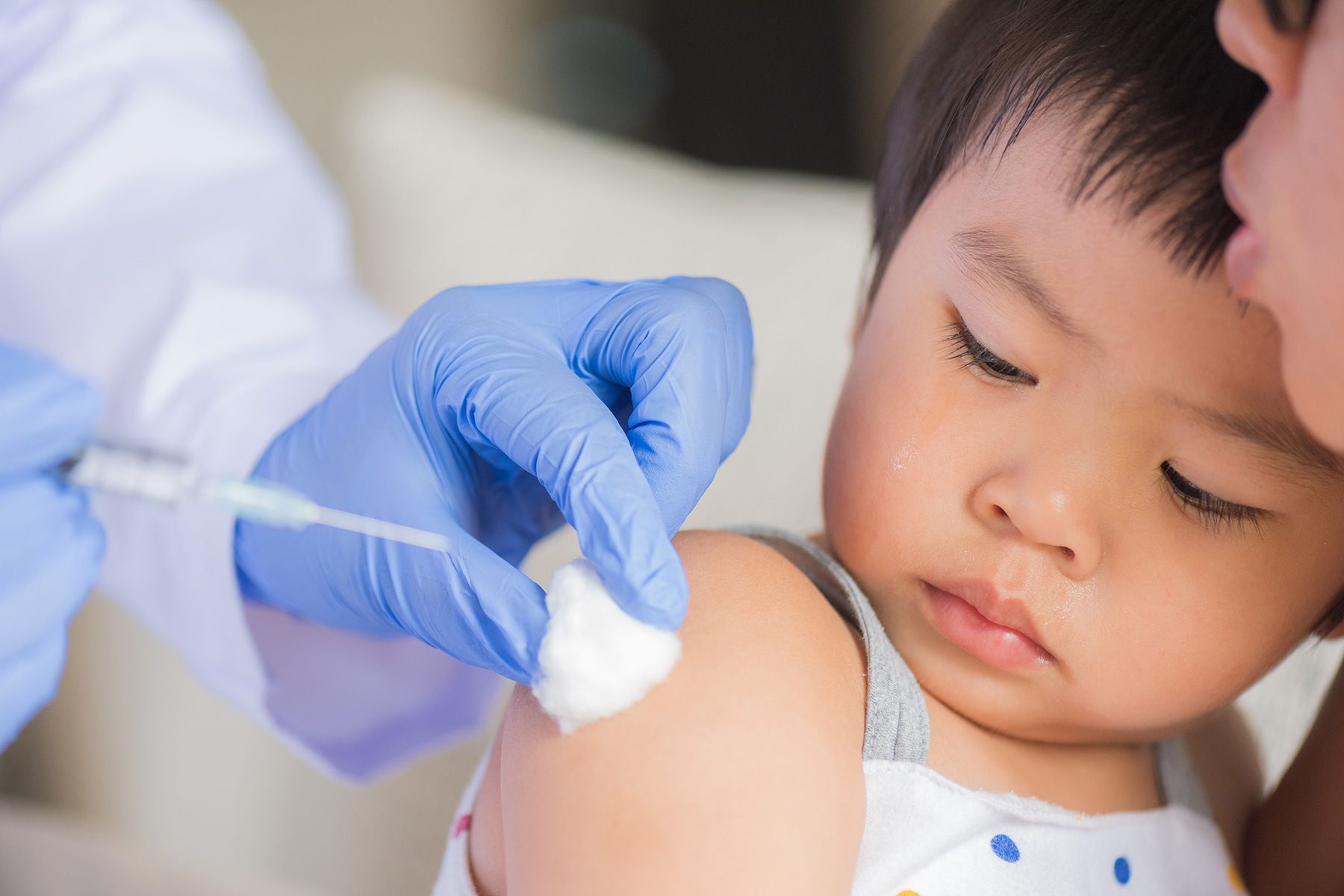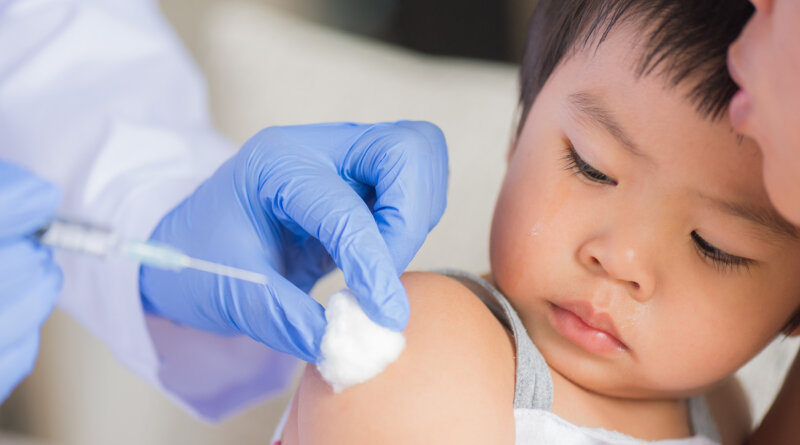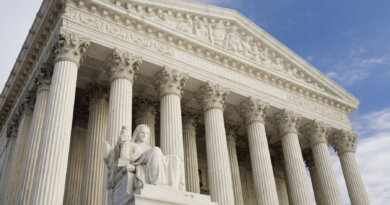Back-to-School Vaccines Your Kids Need

As kids head back to school it’s an ideal time to follow up on their vaccinations. Stan Spinner, MD, chief medical officer and vice president at Texas Children’s Pediatrics and Texas Children’s Urgent Care, explains which shots are due for children in the school years.
For All Ages
Spinner urges parents of school-age children to get them a flu shot every fall. Some children under 9 need two doses. Multiple flu strains circulate each year, and the vaccine can protect against several strains, but doesn’t always cover all of them. “It may not prevent your child from getting the flu, but it will likely prevent them from getting hospitalized because of it,” Spinner says. Flu can progress into pneumonia, a serious lung infection.
Before Kindergarten
Most children ages 4 to 6 need a DTaP booster, which protects against diphtheria, tetanus, and pertussis. The polio vaccine has eradicated polio in the United States, but it still exists in other parts of the world and can cause paralysis and permanent disability. This age group also receives a dose of the MMR vaccine, which protects against measles, mumps, and rubella. Measles is highly contagious, Spinner says, and can lead to complications including life-threatening pneumonia.
The varicella (chicken pox) vaccine is also recommended for the kindergarten crowd. Highly contagious, chicken pox is usually a mild illness with an itchy, uncomfortable rash that can lead to secondary skin infections. Contracting chicken pox raises your risk of developing the painful rash known as shingles at some time in your life, Spinner says.
Middle School
Around age 11, kids are due for a DTaP booster, and their first vaccine against meningococcal disease, which can affect the bloodstream, brain, and spinal cord, and is a particular risk in college dorms.
At age 11, the American Academy of Pediatrics also recommends that all children — girls and boys — receive their first dose of the HPV (human papillomavirus) vaccine, although kids may receive it as early as 9, Spinner says. All kids need two doses separated by 6 to 12 months. HPV causes cervical cancer in women and head and neck cancers in both men and women. “To be clear, this is a cancer vaccine,” Spinner says, which can protect your child against these cancers as an adult.
High School
Your child will be ready for a booster of the meningococcal vaccine at age 16. Spinner adds that many families choose at this age to have their teens vaccinated against meningitis B as well.




